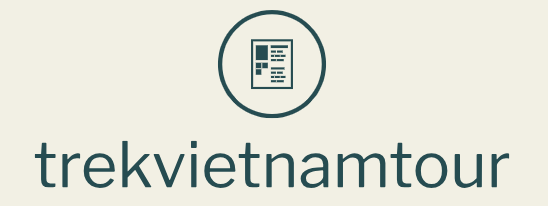Getting Started with Moodle: Your First Login
So, you’re diving into the world of online learning with Moodle? Don’t worry, it’s easier than you think! First things first: you’ll need your login details. These will usually be provided by your institution or course provider. Once you have them, simply navigate to the Moodle website (the specific address will be provided to you) and enter your username and password. After a successful login, you’ll be greeted by your Moodle dashboard, which acts as your central hub for all your courses.
Navigating Your Moodle Dashboard: A Quick Tour
Your Moodle dashboard is your personal control panel. You’ll see a list of your enrolled courses, typically displayed with course names and potentially some recent activity. There are usually options for profile settings, messages, calendar, and potentially other features depending on your institution’s setup. Take some time to familiarize yourself with the layout. It’s the gateway to all your learning materials.
Accessing Your Course Materials: Modules and Resources
Each course on Moodle is organized into modules. Think of modules as chapters in a textbook, each covering a specific topic. Within each module, you’ll find various resources like lecture notes, videos, assignments, quizzes, and discussion forums. Moodle uses a clear structure, so finding what you need is usually straightforward. Just click on the relevant module and explore the resources provided.
Participating in Discussions: The Power of Collaboration
Many Moodle courses incorporate discussion forums. These are excellent tools for interacting with your instructors and fellow students. Ask questions, share insights, and participate in debates. Engaging in discussions helps solidify your understanding and builds a sense of community within the online learning environment. Don’t be shy – everyone starts somewhere!
Submitting Assignments and Taking Quizzes: Mastering the Submission Process
Moodle makes submitting assignments and taking quizzes simple and streamlined. Each assignment or quiz will have clear instructions and deadlines. Often, you’ll upload files (like essays or projects) or answer questions directly within Moodle. Pay close attention to the file formats accepted and the submission deadlines to avoid any unnecessary stress.
Utilizing Moodle’s Calendar and Notifications: Staying Organized
Moodle usually includes a calendar feature, which is incredibly useful for keeping track of assignments, quizzes, and other important deadlines. You can also often set up notification preferences to receive email or in-app alerts when new content is added, assignments are due, or messages are received. This helps keep you organized and prevents you from missing crucial information.
Understanding Moodle Grades and Feedback: Tracking Your Progress
Moodle often provides a comprehensive gradebook where you can track your progress throughout the course. You’ll see scores on assignments and quizzes, giving you a clear picture of your performance. Your instructor will usually provide feedback on your work within the platform, allowing for seamless communication and review of your submissions.
Troubleshooting Common Issues: Getting Help When Needed
Even the most user-friendly systems can present occasional challenges. If you encounter any problems while using Moodle, don’t hesitate to seek assistance. Many institutions offer dedicated Moodle support staff, and many courses include FAQs or help documents within the course materials. You can also often reach out to your instructor or teaching assistants for personalized guidance.
Exploring Advanced Features: Moodle’s Hidden Gems
Moodle is a versatile learning platform, and many institutions utilize its advanced features. These can include things like collaborative document editing, interactive simulations, and even integration with other learning tools. Explore the features available in your courses – you might discover useful tools that can enhance your learning experience.
Making the Most of Your Moodle Experience: Tips for Success
To get the most out of Moodle, stay organized, manage your time effectively, and engage actively with the course materials and your classmates. Check the platform regularly for updates and announcements, and don’t hesitate to ask for help when needed. Remember, successful online learning is a collaborative effort – between you, your instructors, and your fellow students. Read also about moodle elearning platform


